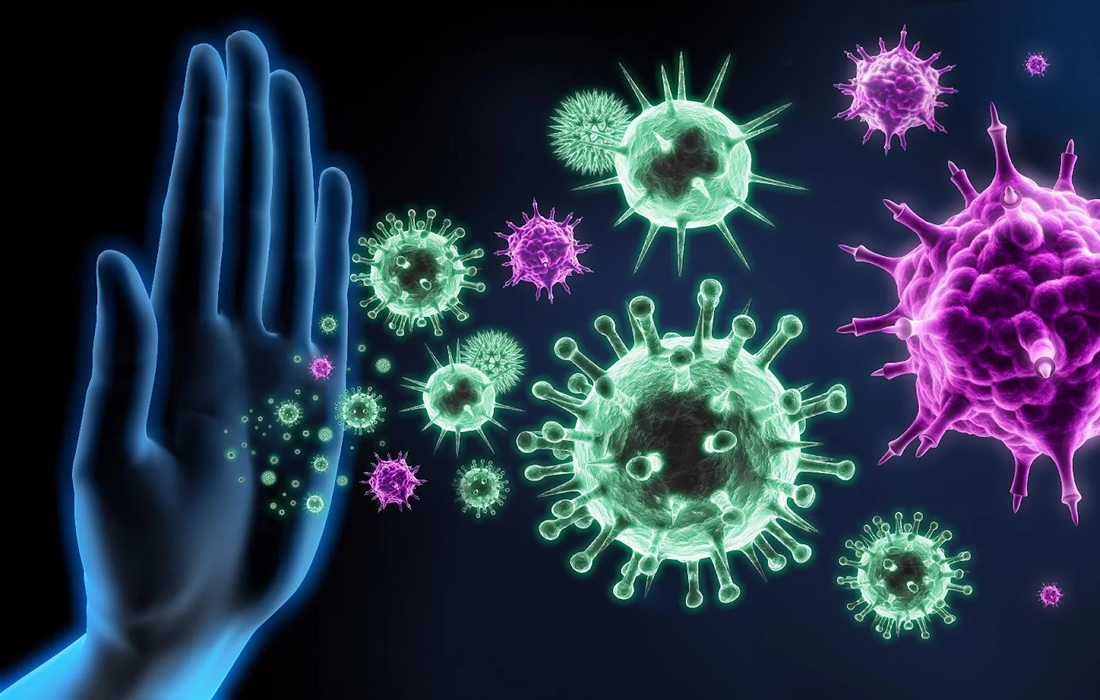Stem Cell Therapy for Specific Conditions
Stem Cell Therapy Can Reset of Immune System in Multiple Sclerosis
Autologous hematopoietic stem cell transplantation (aHSCT) has shown great potential in subjects with multiple sclerosis (MS). Previous work showed a slow return of naïve T cells after aHSCT. However, the dynamics of new and surviving T cells after aHSCT remains to be elucidated.
Autologous hematopoietic stem cell transplantation (aHSCT) is a highly effective treatment of multiple sclerosis (MS). It depletes autoreactive cells and subsequently renews adaptive immune cells. The possible proinflammatory potential of surviving T cells early after aHSCT has not been studied.
Stem Cell Therapy can reset of immune system in Multiple Sclerosis
Every day, one person in Switzerland is diagnosed with multiple sclerosis. MS is an autoimmune disease in which the body’s own immune system attacks the myelin sheath of the nerve cells in the brain and spinal cord. The disease leads to paralysis, pain and permanent fatigue, among other symptoms.
Fortunately, there have been great advances in therapies in recent decades. A study by the Department of Neuroimmunology and MS Research at the University of Zurich (UZH) and the Department of Medical Oncology and Haematology Clinic at the University Hospital Zurich (USZ) has now pinpointed why the most effective currently available therapy, a stem cell transplant, works so well.
The treatment is particularly suitable for younger people with aggressive forms of the disease. Four years ago, thanks to the high effectiveness of the treatment and the now low mortality rate, Martin’s department together with the USZ clinic were granted approval to administer the therapy. It is the only clinic in Switzerland approved for this treatment.
During the treatment, several chemotherapies completely destroy the patients’ immune system — including the subset of T cells which mistakenly attack their own nervous system. The patients then receive a transplant of their own blood stem cells, which were harvested before the chemotherapy. The body uses these cells to build a completely new immune system without any autoreactive cells.
In the recently published study, Martin’s team systematically investigated these questions for the first time by analyzing the immune cells of 27 MS patients who received stem cell therapy in Zurich. The analysis was done before, during and up to two years after treatment. This allowed the researchers to track how quickly the different types of immune cells regenerated
Surprisingly, the cells known as memory T cells, which are responsible for ensuring the body remembers pathogens and can react quickly in case of a new infection, reappeared immediately after the transplant. Further analysis showed that these cells had not re-formed, but had survived the chemotherapy.
In the months and years following the transplant, the body gradually recreates the different types of immune cells. The thymus gland plays an important role in this process. This is where the T cells go to school, so to speak, and learn to distinguish foreign structures, such as viruses, from the body’s own. Adults have very little functioning tissue left in the thymus. But after a transplant, the organ appears to resume its function and ensures the creation of a completely new repertoire of T cells which evidently do not trigger MS or cause it to return.
These findings have enabled the researchers to understand why stem cell transplants are usually so successful.
Stem Cell Therapy at Zignagenix
At our clinic we based our therapies and protocols following the recommendations of different research studies and utilize Umbilical cord-derived Mesenchymal stem cells (UC-MSCs) from the Warthon’s jelly tissue.
The therapy for MS at the clinic consists in the application of UC-MSCs infused intravenously (IV) at high doses that are combined with exosomes. Also we use one of the best ways to deliver stem cells to the brain and the spinal cord through an intrathecal application that is performed by a physician with years of experience in these types of procedures.
SOURCE:
Josefine Ruder, María José Docampo, Jordan Rex, Simon Obahor, Reza Naghavian, Antonia M.S. Müller, Urs Schanz, Ilijas Jelcic, Roland Martin (November 2, 2022). Dynamics of T cell repertoire renewal following autologous hematopoietic stem cell transplantation in multiple sclerosis. Science Translational Medicine. Retrieved from : https://www.science.org/doi/10.1126/scitranslmed.abq1693
IMAGE:
https://www.news-medical.net/images/Article_Images/ImageForArticle_21942_16402696124651784.jpg

